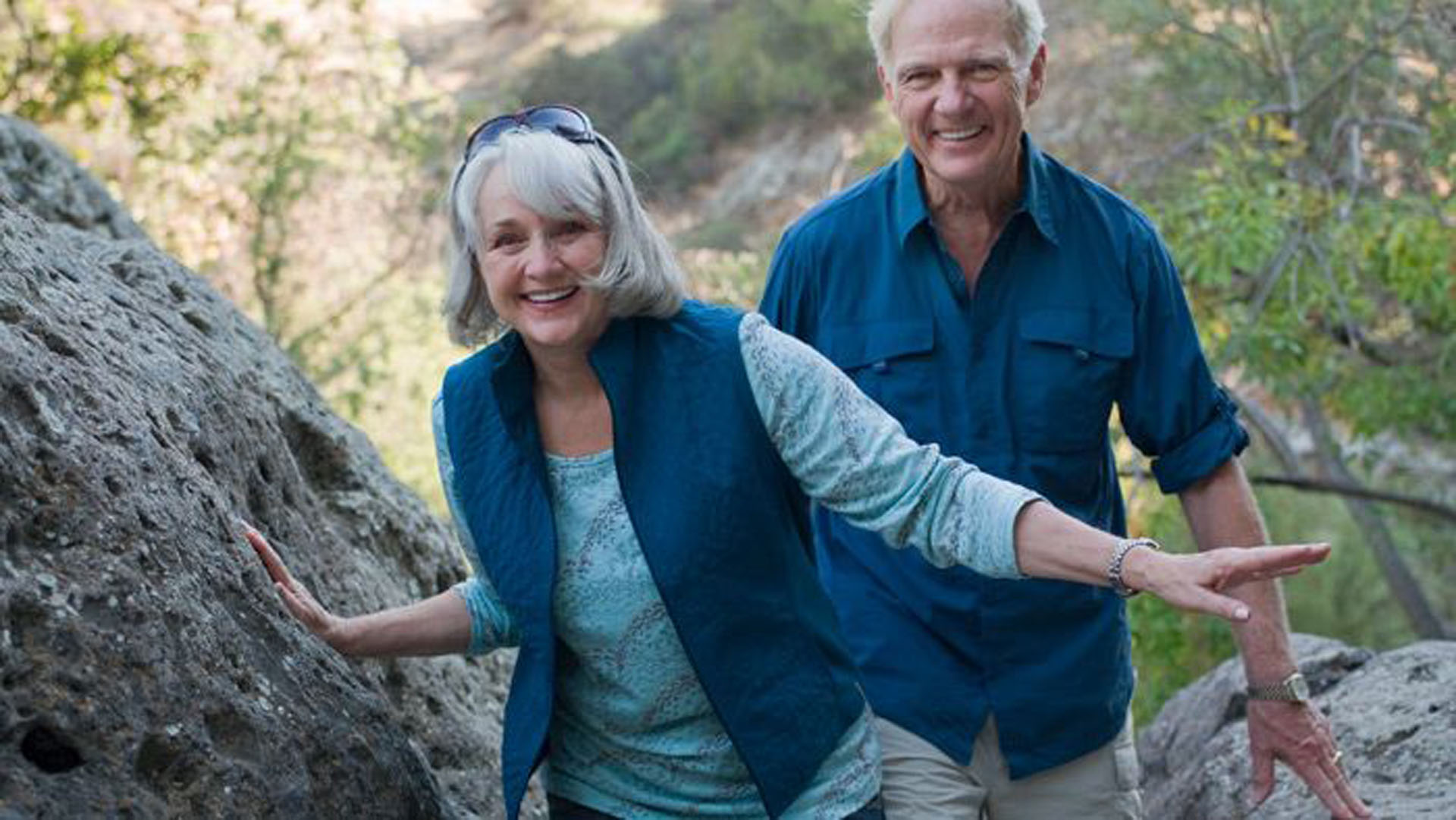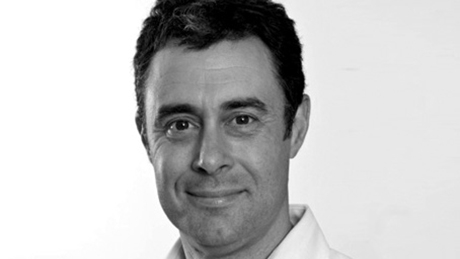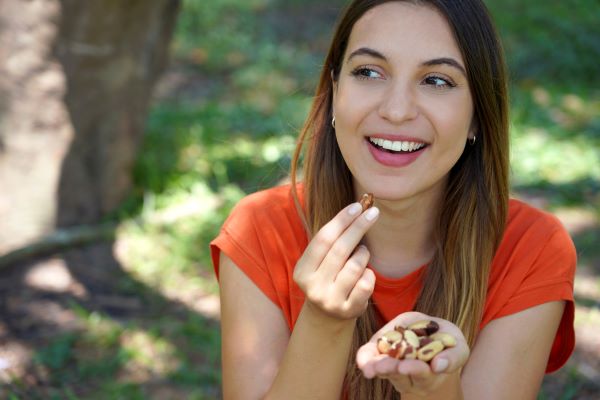-
Ageing is a complex process. Most people think of growing old as a slow terminal decline. But it need not be that way. A healthy body, an active mind and a willingness to give back to loved ones and the community are key hallmarks of ageing exceptionally.
A healthy body
The human body is built to withstand most of the hazards thrown at it by a harsh environment. However, time does take its toll. Muscle mass is lost, tendons no longer bounce back and stiff joints are all signs and symptoms of accumulating damage that affects every cell in the body. Living with oxygen generates free radicals. These free radicals, despite the effective buffering and removal, inevitably cause some degree of damage. Damage to proteins and DNA. This affects how cells work and how cells replicate. The best science has to offer today is strangely to create more free radicals, in controlled bursts – otherwise known as exercise. Exercise throughout all stages of life generates free radicals, but at the same time the body engages in an active program of building antioxidant defenses. The improved defense lasts for days, even weeks, tipping the balance towards better recovery of cells and tissues.
An active mind
The tell tale signs of the slow loss of mental function most experience with ageing is the inability to recall names and locate those glasses. For most people, it ends with a shrug and an acceptance that ‘that’s just growing old’. But at the same time, progressing through the middle years of our lives is a time when we become better at our jobs, we are less emotive and often more rational, we can recall connections and pathways, we get better at drawing upon past experiences to solve problems and do things better. This wisdom of getting older is not something that happens overnight, like all important aspects of life, it takes training and concentration. Losing car keys and forgetting birthdays can be tackled in the same was as keeping fit, exercise is required. Complex crosswords, memory games, deliberately thinking outside the box and keeping an active body are all vital ingredients in keeping the brain active and alert.
Giving and receiving
Families would struggle to function without the care and love grandparents bring to their grandchildren. Without grandfathers many kids would never learn to ride bikes. Grandmothers are often the family member with the patience and care to give children the chance to learn how to chop vegetables and cook. Ageing provides the time, love and patience to foster the lives of so many. It’s only with the passage of time that we accumulate the knowledge and importantly the wisdom of how to give and receive so the whole community benefits.
And occasionally you can do as you please – as Albert Einstein (1879-1955) once said - "I have reached an age when, if someone tells me to wear socks, I don't have to."
Exceptional ageing

-
Eat for your eyes
Some of our favourite foods to help keep your eyes healthy.
-
How is ‘phubbing’ hurting your relationships?
Here’s how to stop phubbing and be more mindful of your phone habits, to help improve face to face interactions with your family and friends.
-
Are the winter blues real?
Simple ways to boost your mood in winter.
-
Mental fitness explained
Just as you work to strengthen your body, your mental health deserves attention and exercise too.
-
The link between stress, anxiety and jaw pain
Physiotherapist Michael Chan explains how stress and anxiety can cause jaw pain, and how to help get some relief.
-
When you can't sleep next to your partner
You love everything about them – except their sleep habits.
Subscribe to receive the best from Live Better every week. Healthy recipes, exercise tips and activities, offers and promotions – everything to help you eat, move and feel better.
By clicking sign up I understand and agree to Medibank's privacy policy





.jpg)
